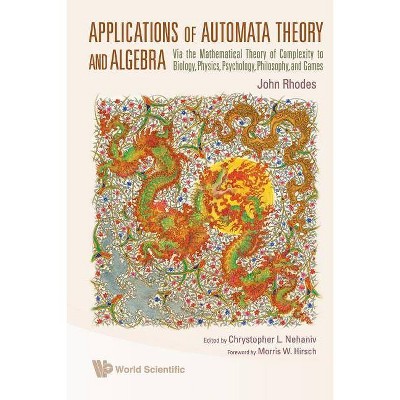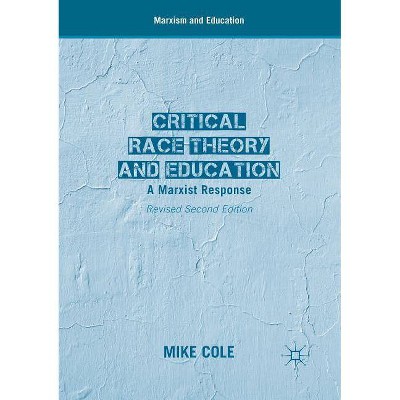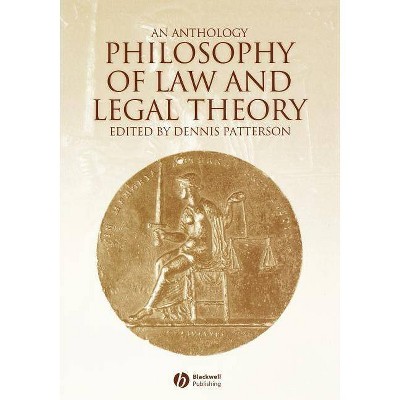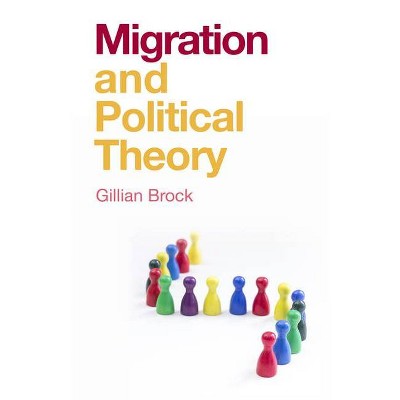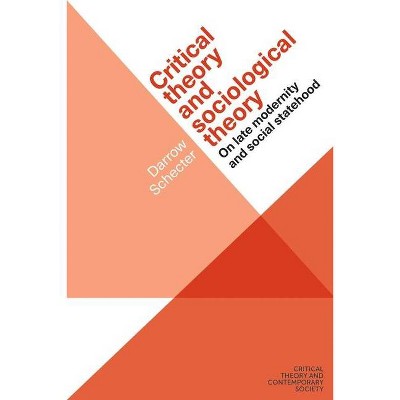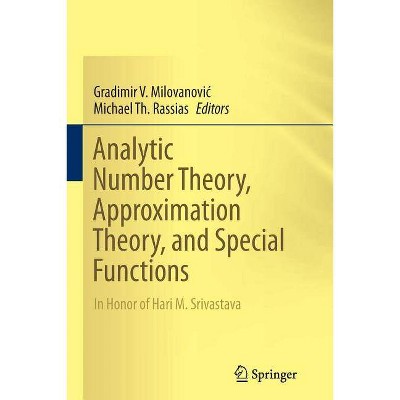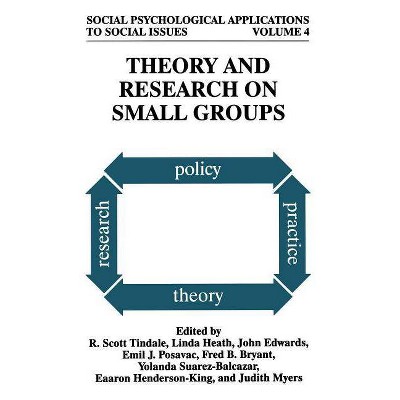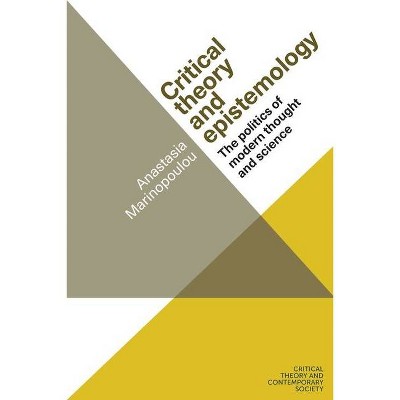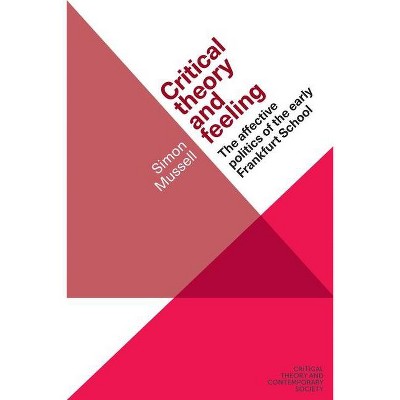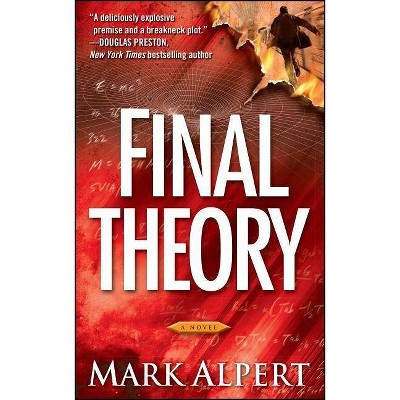Complexity Theory and Education - (Educational Philosophy and Theory Special Issues) by Mark Mason (Paperback)
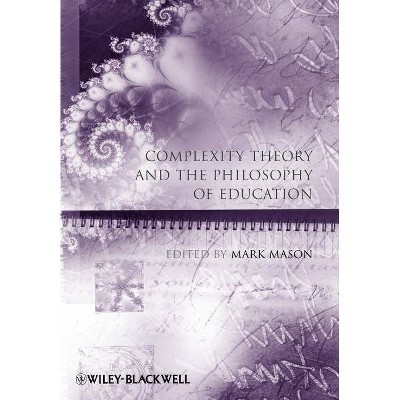
Similar Products
Products of same category from the store
AllProduct info
<p/><br></br><p><b> Book Synopsis </b></p></br></br>A collection of scholarly essays, <b><i>Complexity Theory and the Philosophy of Education</i></b> provides an accessible theoretical introduction to the topic of complexity theory while considering its broader implications for educational change. <ul> <li>Explains the contributions of complexity theory to philosophy of education, curriculum, and educational research</li> <li>Brings together new research by an international team of contributors</li> <li>Debates issues ranging from the culture of curriculum, to the implications of work of key philosophers such as Foucault and John Dewey for educational change</li> <li>Demonstrates how social scientists and social and education policy makers are drawing on complexity theory to answer questions such as: why is it that education decision-makers are so resistant to change; how does change in education happen; and what does it take to make these changes sustainable?</li> <li>Considers changes in use of complexity theory; developed principally in the fields of physics, biology, chemistry, and economics, and now being applied more broadly to the social sciences and to the study of education</li> </ul><p/><br></br><p><b> From the Back Cover </b></p></br></br>Why is the education system so resistant to change? How does change in education occur? When change does happen, what does it take to make it sustainable? Social scientists, and social and education policy makers, are beginning to frame their understanding of these questions in terms of complexity theory. Developed initially as an approach to the fields of physics, biology, chemistry and economics, complexity theory is now being applied more broadly to the social sciences and to the study of education. <br /> <p>Complexity theory takes the view that complex systems are best regarded in their entirety--as wholes. It is a theory that engages with dynamic systems or ecologies, with the complex web of interrelated and contingent factors that contribute to particular outcomes or phenomena.<br /> </p> <p>This volume provides an accessible theoretical introduction to the topic of complexity theory while considering its broader implications for educational change. Essays from a distinguished group of experts illuminate the contributions of complexity theory to the philosophy of education, curriculum theory and practice, and educational research. The book will challenge many prevailing viewpoints in education and provide new insights into our understanding of education.</p><p/><br></br><p><b> About the Author </b></p></br></br><b>Dr. Mark Mason</b> is Associate Professor in Philosophy and Educational Studies in the Faculty of Education at the University of Hong Kong, where he is also Director of the Comparative Education Research Centre (CERC). He has written and edited a variety of books in the field, most recently <i>Changing Education: Leadership, Innovation and Development in a Globalizing Asia Pacific</i> (2007).
Price History
Price Archive shows prices from various stores, lets you see history and find the cheapest. There is no actual sale on the website. For all support, inquiry and suggestion messages communication@pricearchive.us
